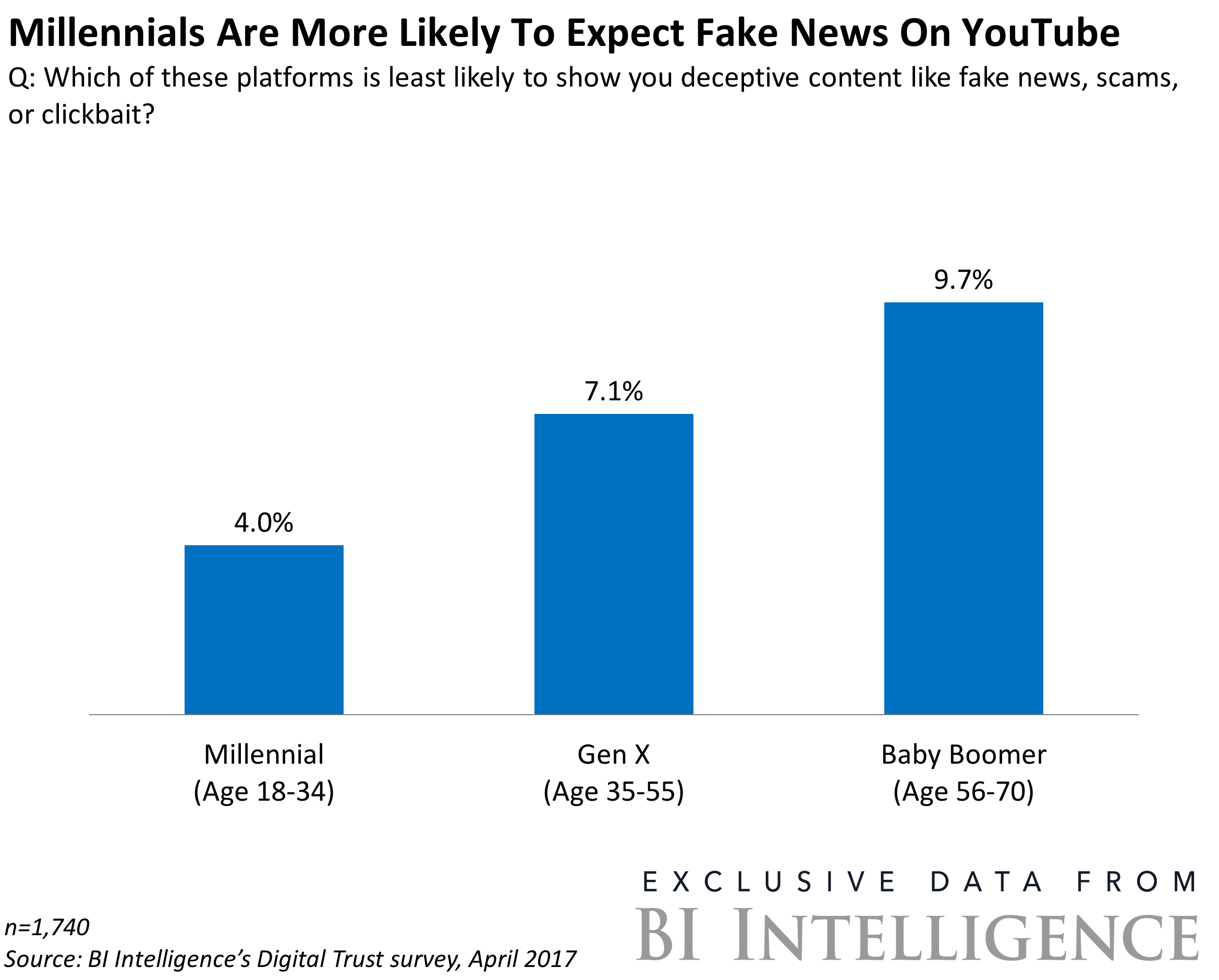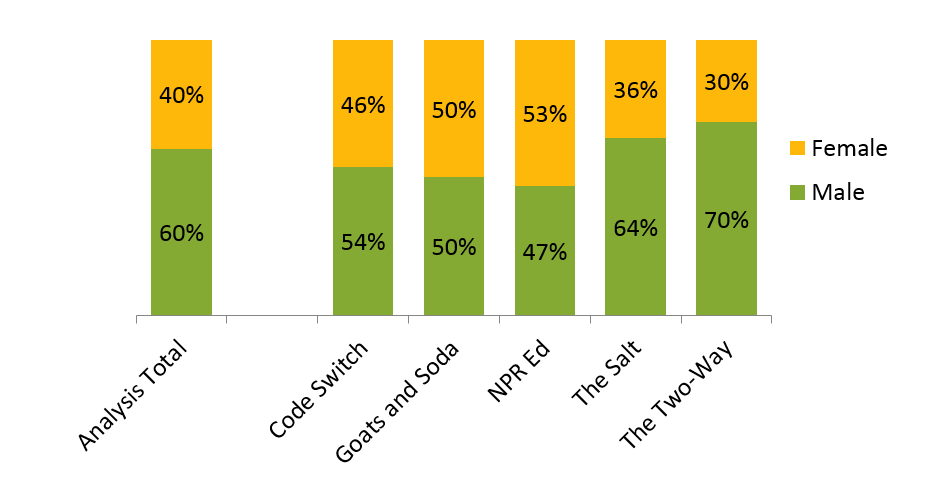FTC Probes OpenAI's ChatGPT: Implications For AI Development

Table of Contents
The FTC's Concerns: Data Privacy and Misinformation
The FTC's concerns regarding ChatGPT center on two key areas: data privacy and the potential for misinformation. The agency is likely scrutinizing OpenAI's practices regarding the collection, use, and protection of personal data gathered through ChatGPT interactions. This includes:
- Potential misuse of personal data: ChatGPT's training data may contain sensitive personal information, raising concerns about its potential misuse or unauthorized disclosure. The FTC's investigation will likely examine whether OpenAI adequately protects this data and complies with relevant privacy laws, such as the California Consumer Privacy Act (CCPA) and other state and federal regulations.
- Generation of false or misleading information: ChatGPT, like other large language models, can generate outputs that are factually incorrect or misleading. This raises significant concerns about the potential for the spread of misinformation and its impact on consumers and society. The FTC is likely assessing OpenAI's efforts to mitigate this risk.
- Lack of transparency: Concerns exist about the lack of transparency regarding data usage and the model's training process. The FTC may investigate whether OpenAI is providing users with sufficient information about how their data is being used and the potential limitations of the technology.
- Algorithmic bias and fairness: The potential for biased outputs from the AI is a major concern. The FTC will likely investigate whether OpenAI has implemented adequate measures to detect and mitigate algorithmic bias, ensuring fair and equitable treatment of all users.
Implications for OpenAI and the Broader AI Industry
The FTC's investigation carries significant implications for OpenAI and the wider AI industry. OpenAI faces potential consequences ranging from substantial fines to restrictions on its development activities or mandated changes to its data handling practices. More broadly, this investigation signals a growing trend towards increased regulatory scrutiny of AI systems. This includes:
- Increased pressure for ethical AI development: The probe is likely to intensify pressure on all AI developers to prioritize ethical considerations throughout the development lifecycle of their AI systems. This includes incorporating fairness, transparency, and accountability from the outset.
- Stricter regulations and compliance standards: We can expect the development of stricter regulations and compliance standards for AI systems, particularly those involving the processing of personal data and the generation of content. This might include mandatory audits and certifications.
- Accelerated development of AI safety and governance frameworks: The investigation could accelerate the development of industry-wide AI safety and governance frameworks. This will require collaboration between AI developers, ethicists, policymakers, and researchers.
- Shift towards explainable AI: The need for more transparent and explainable AI models will likely increase. The FTC's focus on accountability demands AI systems that are not only accurate but also understandable in their decision-making processes.
The Need for Robust AI Governance
The FTC's actions underscore the urgent need for robust AI governance frameworks. This requires a multi-faceted approach encompassing:
- Clear guidelines for data collection and usage: We need clear, enforceable guidelines for the ethical collection, use, and protection of personal data in AI systems, aligning with existing privacy laws and incorporating principles of data minimization and purpose limitation.
- Mechanisms for detecting and mitigating bias: Robust mechanisms are necessary to detect and mitigate bias in AI models, ensuring fairness and preventing discrimination. This requires ongoing monitoring, evaluation, and iterative improvement of AI systems.
- Promoting transparency and accountability: Transparency and accountability in AI development are crucial. This includes clear documentation of model architecture, training data, and decision-making processes, as well as mechanisms for redress in case of harm.
- International cooperation on AI regulation: Effective AI governance requires international collaboration to establish common safety and ethical standards. This ensures consistent approaches to regulating AI across different jurisdictions.
Opportunities for Responsible AI Innovation
While the FTC's probe presents challenges, it also presents significant opportunities for responsible AI innovation. The focus on ethical considerations can drive the development of:
- AI systems with built-in safety mechanisms: The scrutiny will likely incentivize the development of AI systems with built-in safety mechanisms, reducing the risks of harm and misuse.
- AI for social good: The focus on ethical AI can encourage the development and deployment of AI for social good, addressing pressing societal challenges such as healthcare, education, and environmental sustainability.
- Collaboration to shape the future of AI: The probe highlights the need for ongoing collaboration between researchers, policymakers, and industry stakeholders to shape the future of AI in a responsible and ethical way. This includes proactive engagement in shaping regulatory frameworks and best practices.
Conclusion
The FTC's investigation into OpenAI's ChatGPT is not merely a legal matter; it's a defining moment for the future of AI development. The key takeaway is the urgent need for responsible AI development, prioritizing data privacy, mitigating misinformation, and fostering transparency and accountability. The probe highlights the critical importance of robust regulatory frameworks that promote ethical AI while encouraging innovation. The future of ChatGPT and AI development hinges on our collective commitment to shaping a future where AI benefits society as a whole. Stay informed about developments in AI regulation and engage in discussions on the responsible development and use of ChatGPT and other AI technologies. Let's work together to build a future defined by responsible ChatGPT development and ethical considerations in AI.

Featured Posts
-
 How Trumps Presidency Will Impact Mark Zuckerberg And Meta
Apr 29, 2025
How Trumps Presidency Will Impact Mark Zuckerberg And Meta
Apr 29, 2025 -
 Will Mark Carneys Campaign Gain Traction Before Election Day
Apr 29, 2025
Will Mark Carneys Campaign Gain Traction Before Election Day
Apr 29, 2025 -
 Is Kevin Bacon Returning For Tremor 2 On Netflix
Apr 29, 2025
Is Kevin Bacon Returning For Tremor 2 On Netflix
Apr 29, 2025 -
 Willie Nelsons 154th Album Oh What A Beautiful World
Apr 29, 2025
Willie Nelsons 154th Album Oh What A Beautiful World
Apr 29, 2025 -
 Older Viewers Rediscovering Favorite Shows On You Tube
Apr 29, 2025
Older Viewers Rediscovering Favorite Shows On You Tube
Apr 29, 2025
Latest Posts
-
 How Npr Explains You Tubes Expanding Older Adult User Base
Apr 29, 2025
How Npr Explains You Tubes Expanding Older Adult User Base
Apr 29, 2025 -
 Is You Tube Becoming A Senior Destination Npr Explores The Shift
Apr 29, 2025
Is You Tube Becoming A Senior Destination Npr Explores The Shift
Apr 29, 2025 -
 The Rise Of Older You Tube Users Data And Insights From Npr
Apr 29, 2025
The Rise Of Older You Tube Users Data And Insights From Npr
Apr 29, 2025 -
 Analyzing You Tubes Growth Among Older Demographics An Npr Perspective
Apr 29, 2025
Analyzing You Tubes Growth Among Older Demographics An Npr Perspective
Apr 29, 2025 -
 Rekindling Nostalgia Older Viewers And You Tubes Retro Content
Apr 29, 2025
Rekindling Nostalgia Older Viewers And You Tubes Retro Content
Apr 29, 2025
